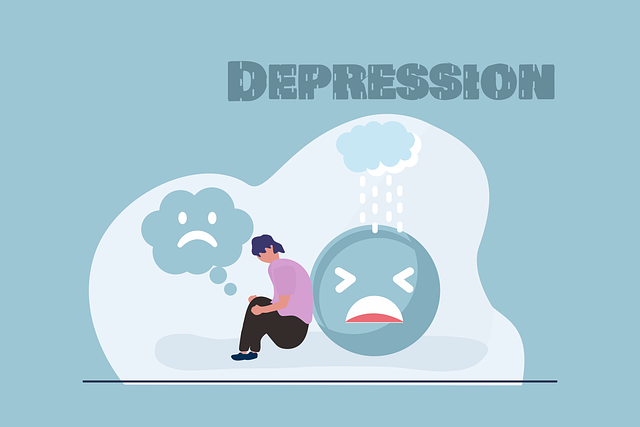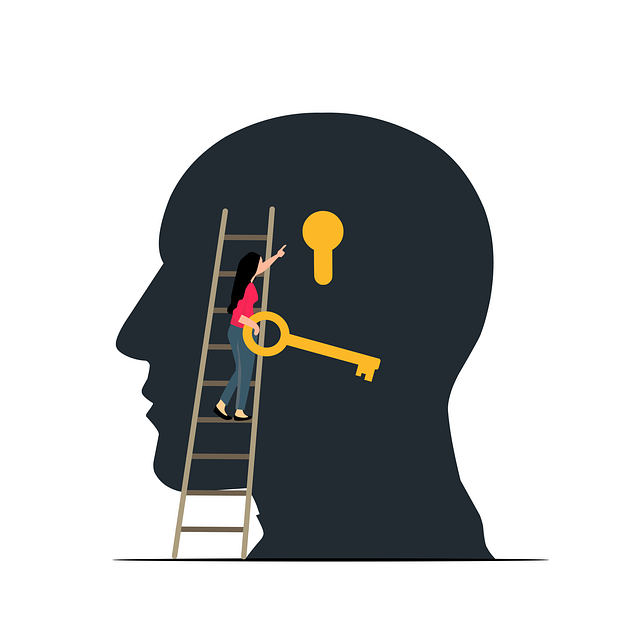Lone Tree American Sign Language (ASL) Therapy offers 24/7 crisis support tailored for deaf and hard-of-hearing individuals, addressing unique communication barriers in emotional distress. Their services include a hotline, podcasts, and journaling guides to promote self-care. Trained volunteers learn crisis intervention skills through role-playing, providing immediate assistance, risk assessments, and de-escalation techniques to empower communities' mental well-being.
“In times of mental health emergencies, quick access to support can be a life-saving measure. This article explores the critical role of crisis hotline services, with a focus on the Lone Tree Crisis Line and the unique contribution of American Sign Language (ASL) therapy. We delve into how this resource is accessible via a simple phone call, providing vital assistance to those in need. Additionally, we uncover the training and impact of volunteers behind these hotlines, shedding light on the power of community support in addressing mental health crises.”
- Understanding Mental Health Crisis Hotlines: A Vital Resource
- The Role of American Sign Language (ASL) Therapy in Emergency Situations
- How to Access Support: Dialing the Lone Tree Crisis Line
- Behind the Scenes: Training and Impact of Crisis Hotline Volunteers
Understanding Mental Health Crisis Hotlines: A Vital Resource

Mental Health Crisis hotlines are a vital resource for individuals facing immediate mental health challenges, offering support and guidance during acute distress. These 24/7 services provide a confidential space where people can express their feelings, receive expert advice, and explore coping strategies to navigate turbulent emotions. Whether it’s anxiety, depression, or suicidal ideation, trained professionals on these hotlines offer immediate assistance, connecting individuals with the appropriate resources and care.
Lone Tree American Sign Language Therapy, for instance, recognizes the importance of accessible communication during a crisis. They offer hotline services tailored to the deaf and hard-of-hearing community, ensuring that everyone receives the support they need regardless of language barriers. Additionally, these hotlines often complement their services with Mental Wellness Podcast Series Production and Mental Wellness Journaling Exercise Guidance, empowering individuals to take charge of their mental wellness through self-care practices and ongoing development of coping skills.
The Role of American Sign Language (ASL) Therapy in Emergency Situations

In emergency situations, where clear communication is paramount, Lone Tree American Sign Language (ASL) Therapy plays a pivotal role in bridging the gap for individuals who are deaf or hard of hearing. ASL therapy specialized professionals enable immediate and effective delivery of emotional intelligence and mental health support. This is particularly crucial given the challenges faced by those in distress when traditional verbal communication fails. By utilizing non-verbal cues, body language, and visual gestures, ASL therapists facilitate an accessible and efficient exchange of information, ensuring that every individual receives the care they need during a crisis.
Furthermore, Lone Tree ASL Therapy contributes to broader mental health policy analysis and advocacy by highlighting the importance of inclusive support systems. It underscores the necessity of integrating sign language services into emergency response strategies, thereby improving stress management for hard-of-hearing individuals. This approach not only promotes equitable access to care but also enhances overall crisis intervention effectiveness.
How to Access Support: Dialing the Lone Tree Crisis Line

Accessing support for mental health crises is an essential step towards recovery and well-being. The Lone Tree Crisis Line offers a vital service, providing immediate assistance to those in need through a simple phone call. To connect with this resource, individuals can easily dial the Lone Tree Crisis Line by accessing their dedicated hotline number. This confidential service is designed to offer guidance and support, ensuring that no one faces a mental health crisis alone.
For those seeking alternative methods of communication, the organization also provides Lone Tree American Sign Language Therapy, catering to the diverse needs of the community. By breaking down barriers in accessibility, they aim to reach a wider audience and reduce the mental illness stigma reduction efforts. Additionally, their mental wellness podcast series production offers valuable insights and stories, fostering open conversations about mental health. This comprehensive approach ensures that support is available for all, ultimately boosting confidence and encouraging individuals to take that first step towards seeking help.
Behind the Scenes: Training and Impact of Crisis Hotline Volunteers

The journey into crisis hotline volunteering is a transformative experience, particularly for those who offer their time at organizations like Lone Tree American Sign Language Therapy. Training programs equip volunteers with invaluable skills in mental health support and crisis intervention. These sessions delve into various aspects of human psychology, teaching them to navigate complex emotional landscapes. Through role-playing scenarios, volunteers learn effective communication techniques, such as active listening, empathy, and de-escalation strategies—essential tools for building trust with distressed individuals.
The impact of these trained volunteers is profound. They become a lifeline for people in mental health crises, providing immediate support and guidance. The training not only boosts their confidence but also equips them to conduct thorough risk assessments, ensuring the safety of both the caller and the volunteer. By fostering self-awareness exercises during their interactions, volunteers can recognize signs of distress and offer appropriate resources or interventions, potentially preventing escalation. This holistic approach to crisis hotline support reflects a commitment to enhancing mental well-being in communities.
Mental health crisis hotlines, such as the Lone Tree Crisis Line, play a pivotal role in supporting individuals in emergency situations. Integrating services like American Sign Language (ASL) therapy ensures accessibility for the deaf and hard-of-hearing community, addressing a crucial gap in mental health support. By training volunteers effectively, these hotlines can provide immediate relief and long-lasting impact, making them indispensable resources in times of crisis.








